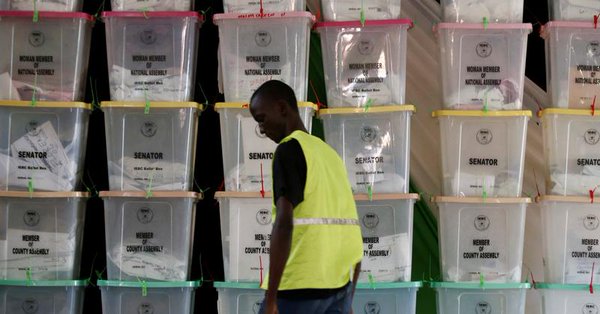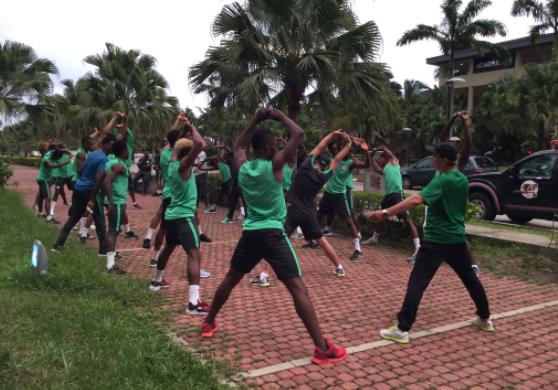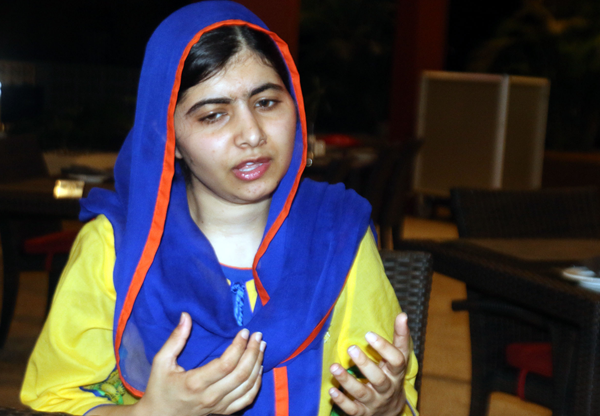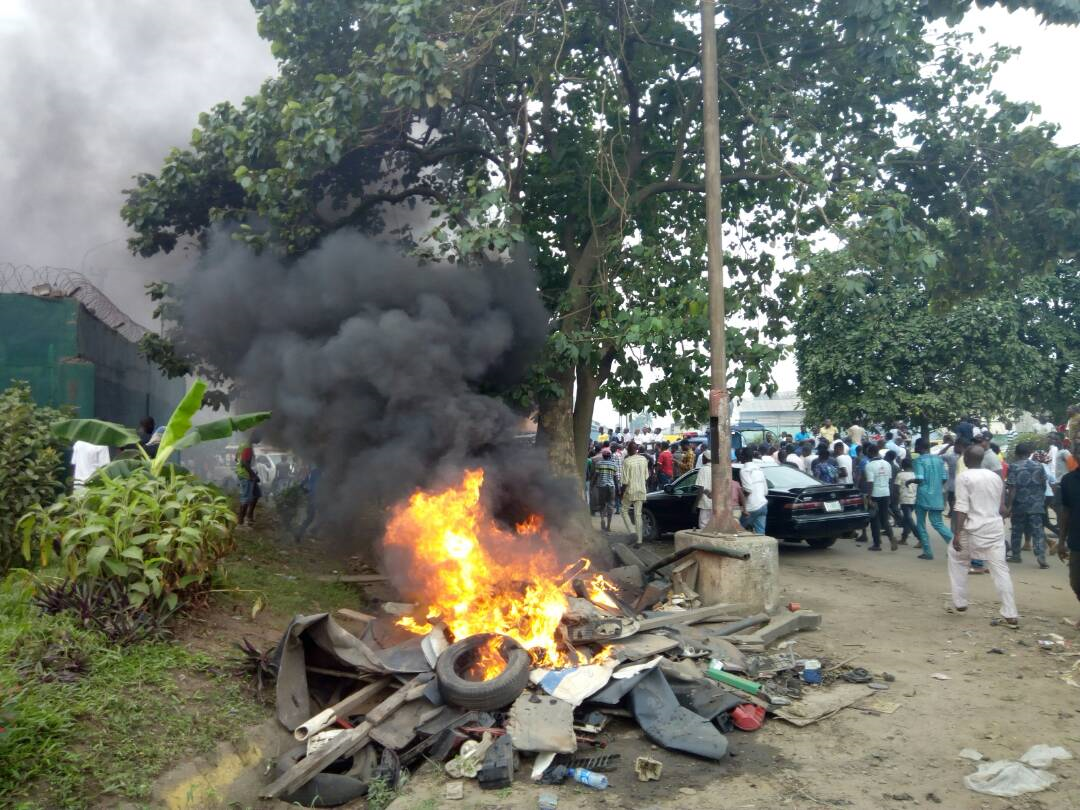The European Union election observer mission in Kenya says there are no signs of “centralised or localised manipulation” of the voting process in the country’s general elections.
Marietje Schaake, leader of the mission, who said this on Thursday, promised that the EU mission’s final report would evaluate the conduct of the tallying process, which Raila Odinga, opposition leader, said had been compromised by hackers.
Kenya’s election commission dismissed Odingas’s claims on Wednesday. Odinga has said the systems and website of the electoral commission were hacked to produce a “fictitious” lead for Odinga’s long-time rival President Uhuru Kenyatta.
Angry protests erupted in opposition strongholds in the capital Nairobi and the western city of Kisumu as the counting of votes from Tuesday’s election continued, but the election commission said the election had been free and fair.
Advertisement
Police shot dead at least three people while protesters killed a fourth person, witnesses said.
Although the violence remained largely contained, Kenyans were nervously hoping to avoid a repetition of the ethnic killings that followed a disputed 2007 presidential poll in which 1,200 people died.
As of Wednesday night, provisional results from the election commission website put Kenyatta in front with 54.3 per cent of votes counted to 44.8 percent for Odinga, a margin of 1.4 million ballots with 97 percent of polling units reported.
Advertisement
Odinga earlier published his own party’s assessment of the count on Twitter, saying he had 8.1 million votes against 7.2 million for Kenyatta.
He, however, provided no supporting documentation.
“Our election management system is secure. There was no external interference to the system at any point before, during, and after voting,” Ezra Chiloba, election commission head told a news conference.
“The (hacking) claims being made could not be substantiated from our end.”
Advertisement
Odinga had said hackers could have used the identity of a top election official, who was tortured and murdered days before the vote.
His statements raised concerns of unrest over the results in Kenya, which is a regional economic hub and has East Africa’s biggest economy.
Odinga posted 50 pages of computer logs online to support his hacking claims, but they were “inconclusive”, according to Matt Bernhard, who studies computer security in election systems at the University of Michigan.
Bernhard said some time stamps appeared out of order and it was hard to evaluate the veracity of screenshots without access to a server.
Advertisement
Odinga, however, urged his supporters to remain calm but added, “I don’t control the people”.
Kalonzo Musyoka, his deputy, said the opposition might call for unspecified “action” later.
Advertisement
In Nairobi police killed one demonstrator, and in Kisumu, an opposition stronghold, they fired teargas to scatter a group of 100 protesters.
Unarmed men marched through the streets waving sticks and chanting “No Raila, no peace”.
Advertisement
Photo credit: Reuters
Advertisement
Add a comment






